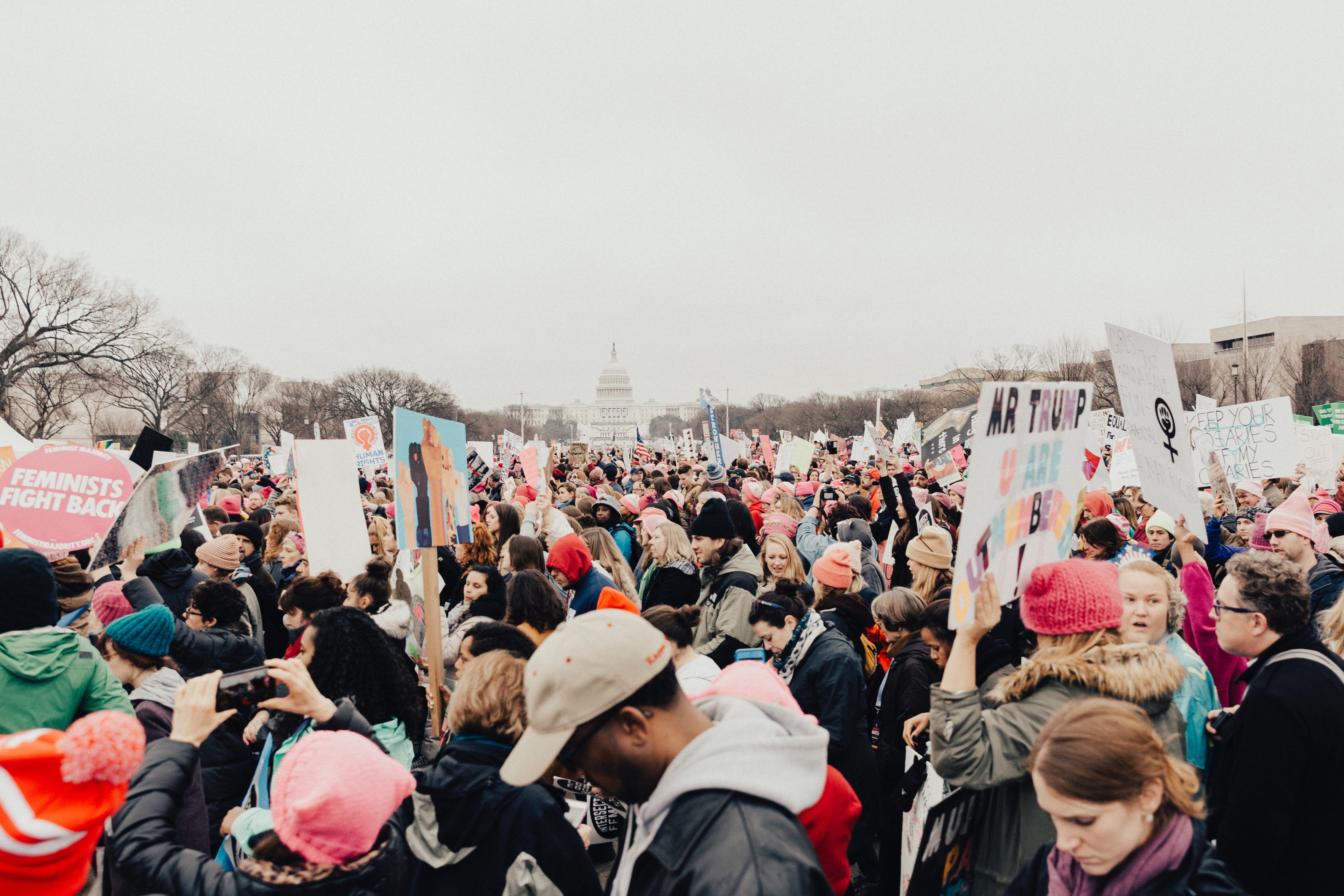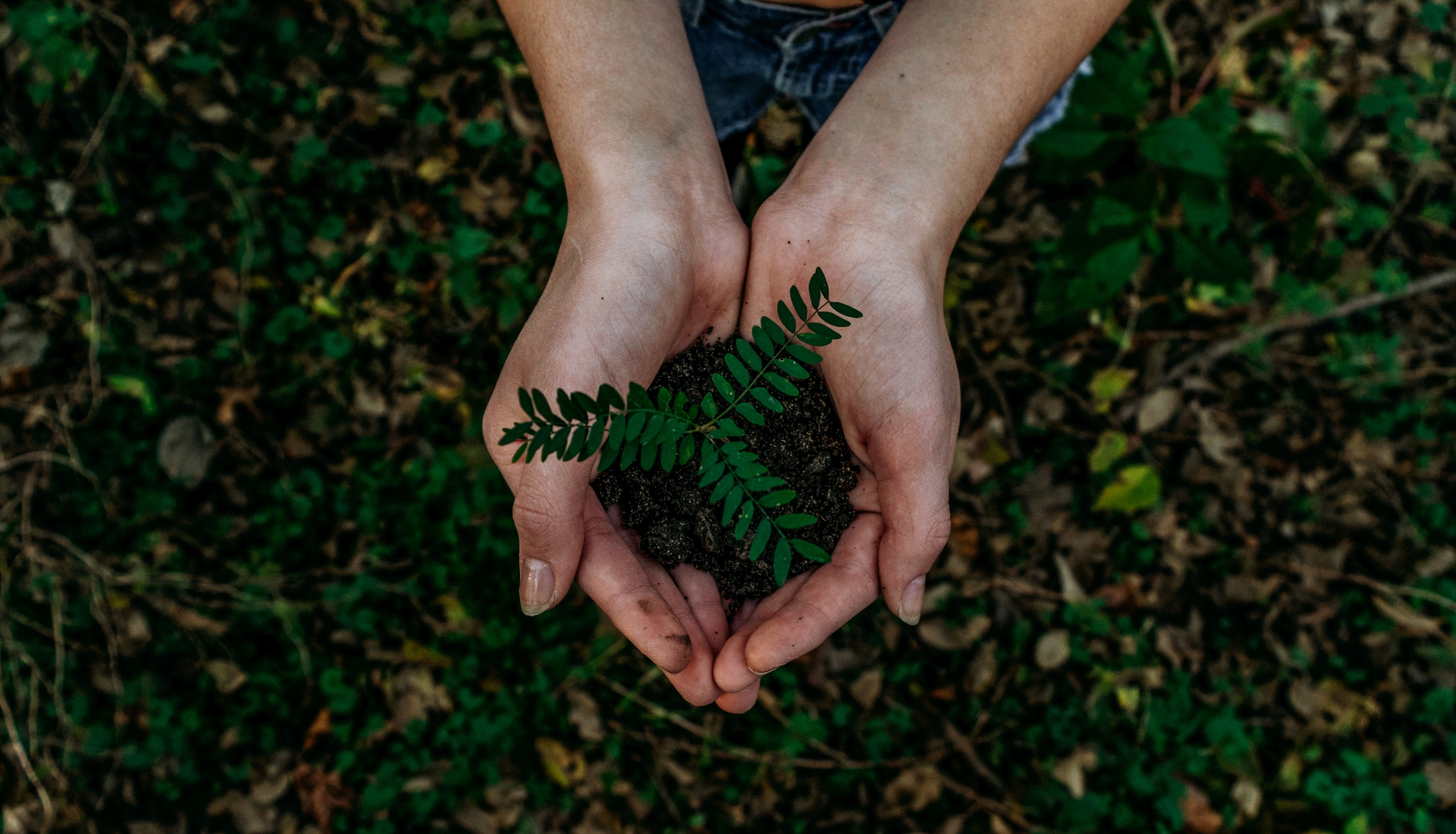The Power of the Next Generation (and Their Access to It)
By: Manda Wittebort, Higher Education program at Morgridge College of Education

The number one idea we interrogate in each of my masters in higher education classes is who does (insert any aspect of higher education) include? Who does this leave out or not include? This concept arises when we are talking about the historical contexts of specific colleges, when we are unpacking the canon of student development theories, in gender and sexuality classes and is inherently woven in the conversation of college access.
So although when I applied for my CCESL Fellows role as the “education and access fellow”, I honestly was not quite sure how college access aligned with my passion and dedication to support people in finding a sense of purpose and belonging, now all I see in the conversation of access is a conversation of purpose and belonging.
Belonging: Do you feel seen and heard when you enter spaces? Were spaces intended to meet your specific needs? Are your cultures’ histories part of the architecture and structures of campus? Are your family values recognized as important in the application process and while attending college?

Photo by Amer Mughawish on Unsplash
And where does purpose enter; I think spaces of community-engagement and community organizing ground us in the context of a liberatory education. Who does Developmental Psychology matter to? How will it affect their lives and their family’s wellbeing? What is my role in creating a more equitable world? How can I (re)imagine the systems of education, healthcare, immigration, law and many more?
Now, return to my initial questions and wrap that into the title of my fellow position: who does college access include? Who does college access not include?
I have spent the last 6 months working closely with the College Access Working Group, which was formed from the equity direction of DU’s Impact 2025 Strategic Plan. This committee is comprised of the folks at DU who every day are deeply considering and striving towards equity in the college access process, as well as supporting transition and success, once students become part of the DU community. What does #OneDU mean if we are not actively including students from communities who have historically been marginalized by the very system of education? These are the folks that are utilizing their networks, skills, hearts, and brains to be part of a collaboration. The College Access Working Group has been an experience for me to witness interdisciplinary and cross-department brainstorming and recommendations to inform the future of a more equitable #OneDU.
The reason I care so much about supporting others to find their sense of belonging and purpose is equipped with these, I know students can act with self-agency to make difficult decisions as future leaders and community members.
The reason I care so much about supporting others to find their sense of belonging and purpose is equipped with these, I know students can act with self-agency to make difficult decisions as future leaders and community members.
I chose to study Developmental Psychology in undergraduate, because I wanted to understand what youth needed to feel safe, whole and supported, as they formed their future adult selves. I loved the psychology department, especially the Rollins College Child Development Center, where I found my home amongst preschoolers and dedicated educators of all degrees and specialties. But outside of those spaces…I needed to escape a campus culture of prestige, cliques, partying and generally feeling like an outsider to my peers and their elitist mentalities. And there enters, a spark to light up my sense of belonging and purpose rolled into one: The Office of Community Engagement (since renamed). I met students, who were so different from the rest of the campus, as well as different from each other and myself and yet we operated as a powerful community, who were committed to living socially responsible lives. We each were part of different communities, community partners, passions, types of “service” and reasons for wanting to be active citizens. It was through this office that I participated in immersion and service-learning trips to New Orleans, the Bahamas and other areas of Orlando. It was through this office that my worldview expanded through reflections, relationships and leadership opportunities. Because of my experience as a student leader, I applied to City Year, an AmeriCorps program, immediately after graduating, where I served as a fulltime tutor and mentor on a diverse team in a Baton Rouge middle school. I wanted a national lens on how to support youth, especially their socioemotional learning and approaches to self-expression. I then sought out a global lens to positive youth development, so I became a Peace Corps volunteer in the Dominican Republic through the Youth in Development Sector. It is because of finding my home and my people in college that I found my home and people through more youth development communities, and of course, youth themselves.
Without belonging, there is no connection and humans are social beings who thrive off deep relationships. There is no community.
Without purpose the unjust systems force people to be complicit in making life decisions based off their identities and social positions, instead of their talents and assets.
College Access is the first of many steps to support the next generation in their journeys to enacting new power, which emphasizes power with not power over.
Manda Wittebort is a second year master’s student in the Higher Education program at Morgridge College of Education. She is the 2019-2020 CCSEL Student Fellow on Access & Education. Her academic interests include Critical Community & Civic Engagement that are centered in Diversity, Equity & Inclusion, Internationalization in Higher Education and Students’ Sense of Belonging & Purpose. Manda is also a DU DialogUes Program Coordinator in the office of Equity Inclusion Education, which focuses on providing opportunities and skills for students to engage across difference. She also lives with 26 Sophomore Students in Global Res, a themed living community focused on intercultural learning, where she is their Program Coordinator. As a Community Engaged Practitioner-Scholar, Manda aims to foster students’ self- agency and social awareness to build civic capacity, and to collaborate with communities on innovative solutions that address immediate needs and root causes in order to fulfill both her own and higher education’s responsibility to the public good. For more about Manda visit her portfolio.


